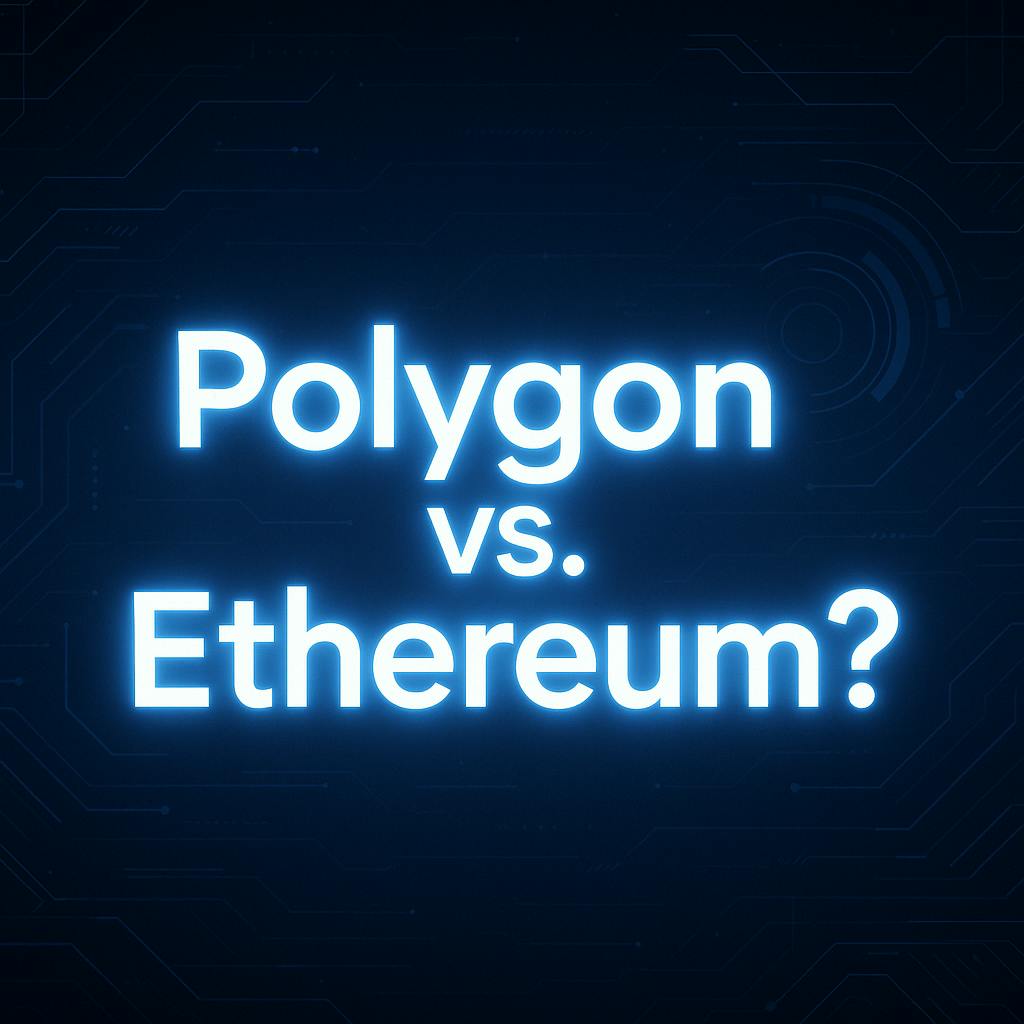Intro
I’ve been in the crypto industry for over 13 years. That’s a long time. Exhaustingly long. About 90% of my work has never been paid for by anyone — and that includes posts, articles, essays, research papers, and books. It’s the development of numerous tokenomics templates for various projects. It’s legal documents. And even MVPs, built on the fly, that later inspired different startups…
And now I’m reading a post by someone whose project raised hundreds of millions of dollars in a single funding round, yet he complains about a lack of support from a project that raised only $18.5M during its ICO. That strikes me as strange. So, I’d like to share a few key points — not to defend Ethereum (it doesn’t need defending) and not to criticize Polygon either, but simply to state some facts.
Ethereum lost to Solana —
In DePin, in meme tokens, and in a number of smaller niches. And that’s fine: decentralization isn’t about competition, yet competition is essential for decentralization. Okay, let’s accept that. Now let’s look at Polygon.
Polygon is…
First and foremost, a sidechain. I’ve spent a lot of time studying L2s, and everywhere Polygon has positioned itself — right up until the post in question — as a sidechain. Meaning: we’re separate/parallel to Ethereum; yes, we’re compatible with it, but we’re definitely not the same thing.
Moreover, between 2017 and 2019, I attended dozens of conferences — both small and fairly large — and everywhere I heard: “We, Polygon, are not your slow Ethereum; we’re a fast chain.”
But what do we read now? That apparently, Ethereum should be grateful Polygon didn’t become an L1 — even though Polygon used to present itself precisely as an L1. That’s why it wasn’t even shortlisted among L2s, despite Vitalik writing several essays on what qualifies as such.
Isn’t that strange?
But what personally bothers me about Polygon is something else: they keep chasing every new narrative. NFTs, zkEVM, stablecoins, and so on.
You might say: “That’s good! It’s business — it needs to be flexible.”
Maybe. But when an NFT team receives a $10,000 grant from Polygon, expecting support and co-marketing, yet ends up getting only $10,000 — and even that in parts — they effectively get nothing: no traffic, no users, no testing for their app that was built for the program, and so on.
Just look at the spam on the Polygon network:
It’s endless!
117 pages of NFTs versus 12 on Ethereum — even though on Ethereum I’m an active NFT user, while on Polygon I’m not!
And once again: this isn’t about comparing these chains — that would be meaningless since they’re both part of the EVM family. No, the issue lies elsewhere: for over 4 years, the Polygon team has donenothing for NFT filtering, because they need to show cheap transactions — which actually hurt the ecosystem — and at the same time they inflate the total volume of stored data to infinity.
We have our own NFT oracle, and on Polygon it showed that over 50% of all storage space was taken up there, while the remaining 50% was split among Arbitrum, BNB Chain, Ethereum, and various ad hoc connected networks. How is that even possible?!
It’s simple: Polygon is hype.
And that’s not just my opinion — it’s reflected right under the original post we started from. Forexample:
“You built a sidechain, not an L2. Tried to mislead people otherwise. Later doubled down on the modular circle-jerk narrative bandwagon and contributed little more than trying to predatorily persuade other projects to join the agg layer at the expense of their own technical and economic sovereignty. Not to mention the various crime sagas along the way like the elephant meme coin. Shame on you for continuously trying to leech off of Ethereum for your own selfish gain, including this sob post you don’t even close to deserve sympathy for.”
And that’s the problem: as a crypto enthusiast, it’s strange for me to watch all these erratic shifts. Especially since I hold both Polygon and HEZ in my portfolio — yet in the end, their roadmaps diverged, and Polygon’s zk-EVM turned out to be almost unnecessary (though now they’re trying to revive the ZK narrative again — just to please everyone).
Conclusions
I think it’s really shameful to try to shift blame onto someone else when your budget runs into billions of dollars. Honestly — it’s shameful.
For the crypto community, this is a good lesson: don’t mindlessly chase narratives and follow everyone around — because in the end, you might be left with nothing. Or rather, with something that includes a spammed-out network, a flood of competitors from chasing broad audiences, and countless abandoned projects — each of which once waited for support that never came.
I hope Polygon recovers and moves forward — I truly do. But I try to stay objective…


